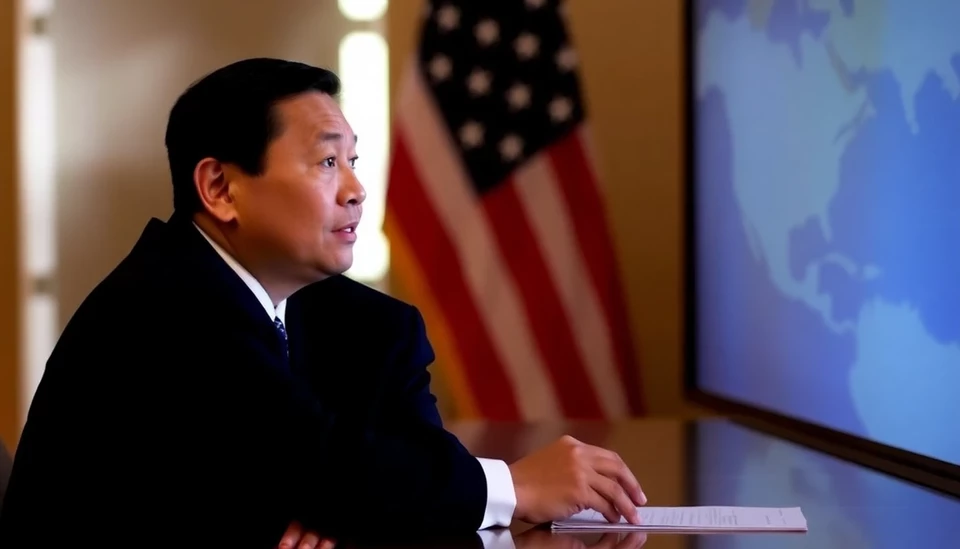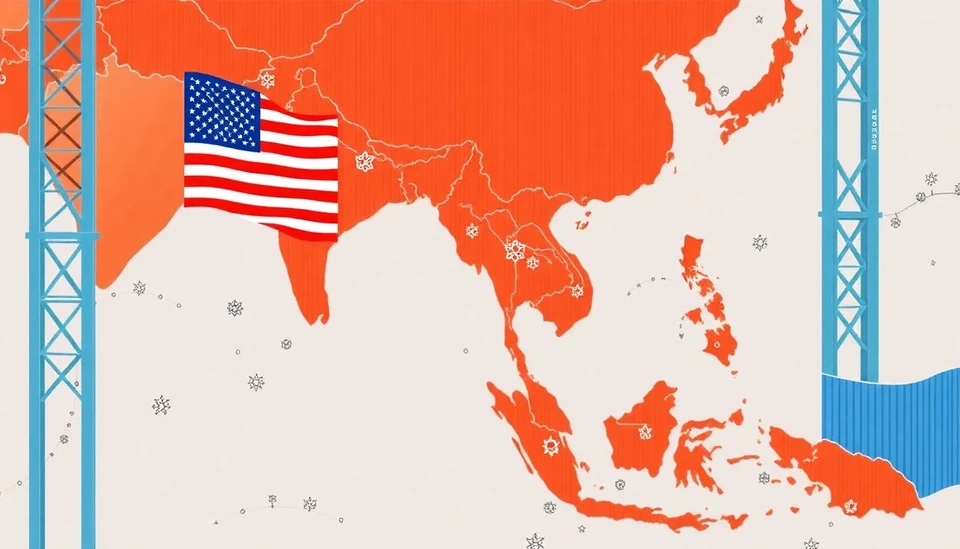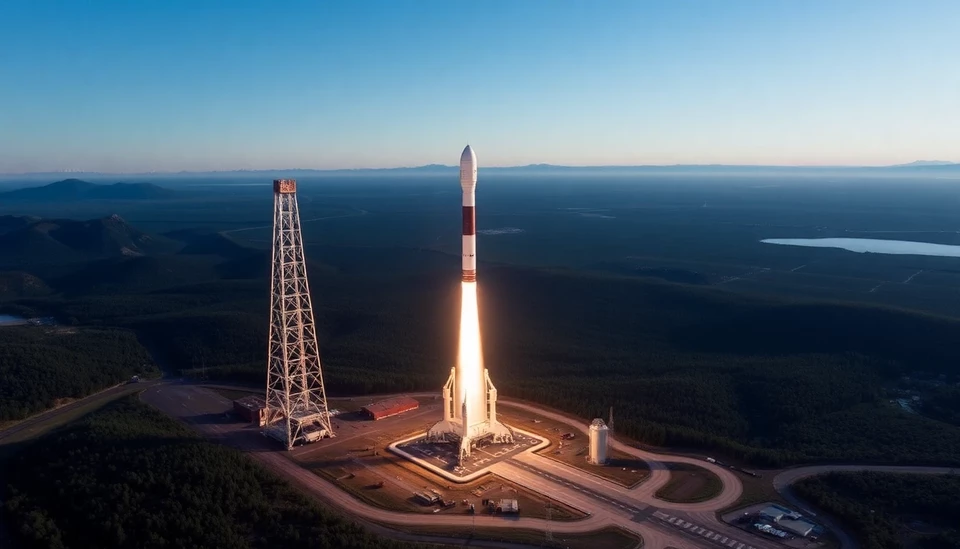
As the incoming president of the Asian Development Bank (ADB), Masatsugu Asakawa has made it clear that he will be keeping a close watch on the changing political landscape in the United States. With the potential for Donald Trump to re-enter the political arena and run for president in the upcoming 2024 elections, Kanda is acutely aware of how US policy and leadership decisions could have significant ramifications for Asia's economic stability and development initiatives.
In his recent statements, Kanda emphasized the importance of understanding American foreign policy, particularly regarding its implications for Asian economies. He recognizes that the direction of the US can heavily influence global markets and investment patterns, thus affecting ADB's operational strategies and the region's overall economic progress.
The ADB’s mission, which involves bolstering economic growth and reducing poverty in the Asia-Pacific region, could be challenged by shifts in US policy, especially if those shifts lean away from multilateral engagement. Kanda acknowledged the uncertainty surrounding US decisions, considering Trump's prior administration and its approach to international relations that often favored bilateral agreements over broader cooperation.
In light of these dynamics, Kanda's leadership will hinge on navigating the complex geopolitical environment and fostering collaborations with member countries amid varying political climates. His tenure could be pivotal in strengthening partnerships that are essential for sustaining investments and implementing crucial development projects affected by the US position.
As he prepares to take on his role, Kanda is likely to focus on building strategic alliances within the Asia-Pacific region to mitigate any potential adverse effects resulting from US policy shifts. His approach will be crucial for ADB's initiatives aimed at addressing not only economic infrastructure but also broader challenges such as climate change and health crises that require coordinated global responses.
Kanda's emphasis on monitoring the US landscape underscores the interdependent nature of global economics, where political changes in one of the world’s leading powers can reverberate across various sectors and countries. As we move closer to the 2024 elections, the stakes for Asia's economic landscape remain high.
Ultimately, how Kanda and the ADB respond to these significant challenges could shape the future of economic collaboration within the Asia-Pacific region and determine the extent to which initiatives are successfully implemented to foster sustainable growth and development.
#ADB #Kanda #USPolicy #DonaldTrump #AsiaPacific #EconomicStability #GlobalEconomics
Author: Rachel Greene




